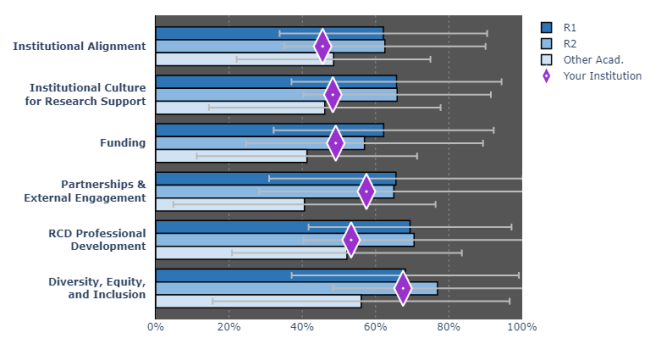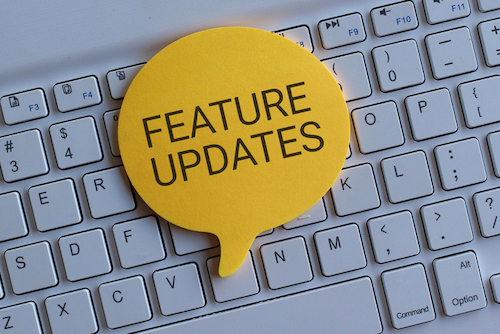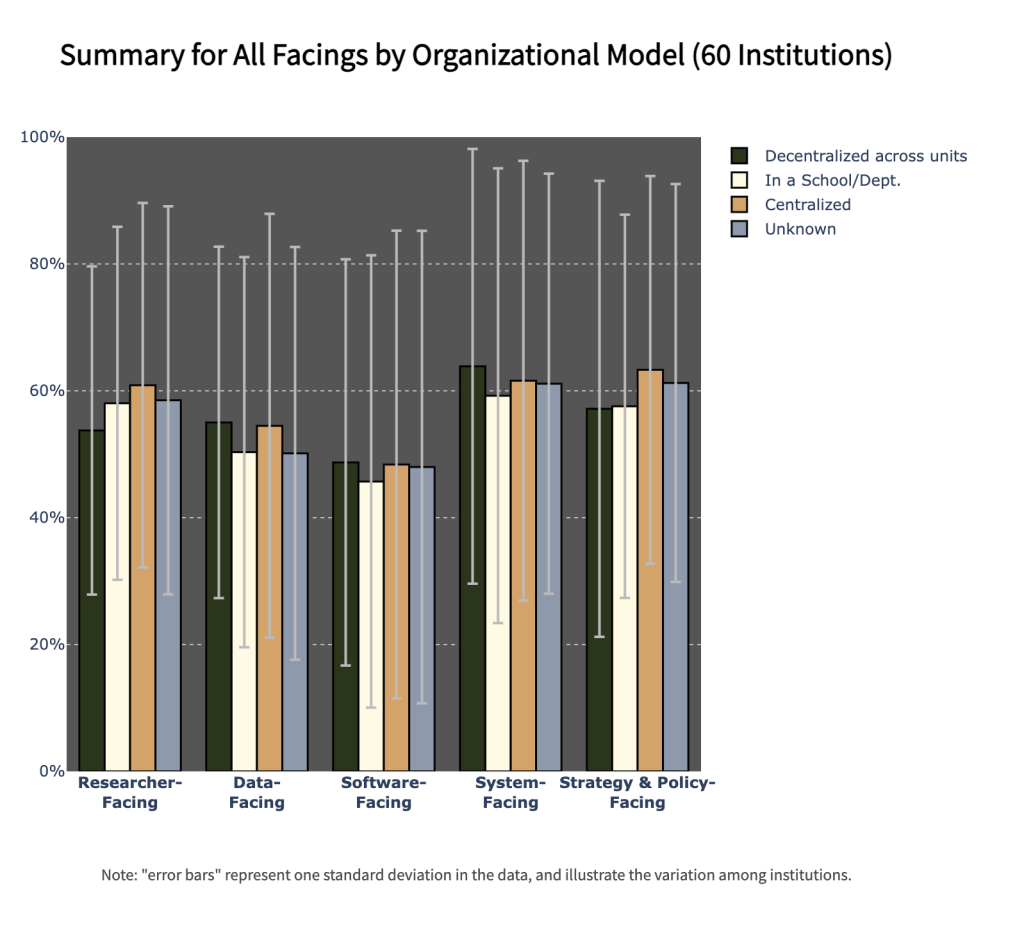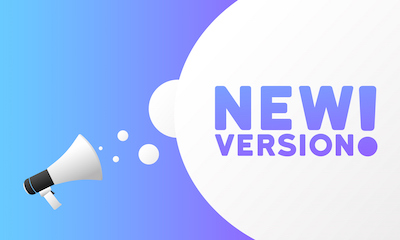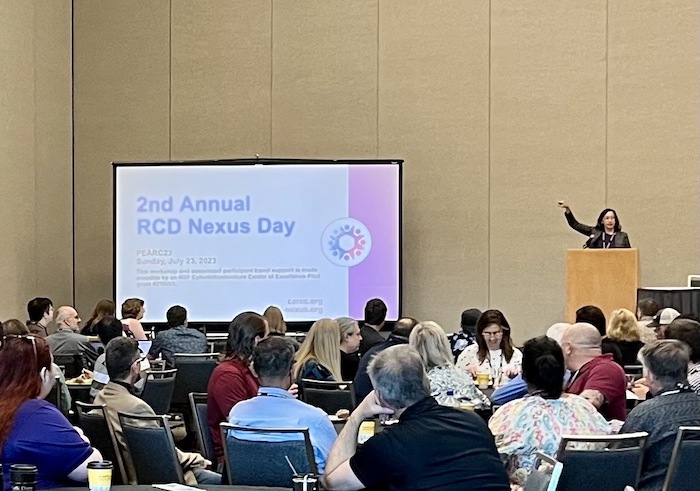It’s going to be an exciting and busy week at the PEARC24 conference in Providence, Rhode Island July 21-25. Plan your schedule now and don’t miss these CaRCC-related activities.
SUNDAY, JULY 21
RCD Nexus Day
8am-6:30pm Room 551 A&B
Organizers: Venice Bayrd, Justin Booth, Dana Brunson, Thomas Cheatham, Patrick Clemins Bob Freeman, Clark Gaylord, Brian Haymore, Betsy Hillery, Susan Ivey, Deb McCaffrey, Daphne McCanse, Timothy Middelkoop, Lauren Michael, Claire Mizumoto, Patrick Schmitz, Jason Simms, Scott Yockel
This PEARC24 co-located event will bring together professionals from across the Research Computing and Data (RCD) community for a full day of collaboration and connection. Tracks include What We’re Facing as RCD Professionals and Working with Secure Data. With funding from the National Science Foundation (NSF), RCD Nexus Day is an open, inclusive event that warmly welcomes all members of the RCD community. Pre-registration is required.
MONDAY, JULY 22
Understanding the CaRCC Capabilities Model Assessment Tools and How Best to Use them at Your Institution
8am-5pm Ballroom E
Organizers: Dana Brunson, Thomas Cheatham, John Hicks, Lauren Michael, Patrick Schmitz
This workshop will provide an introduction to the CaRCC Capabilities Model and how institutions approach using the Capabilities Model assessment tools to improve their strategic planning and make the case for increased campus support to advance computationally- and data-intensive research and education.
Continue reading “CaRCC at PEARC24: Headed to Providence? Here’s your guide to all things CaRCC!”

